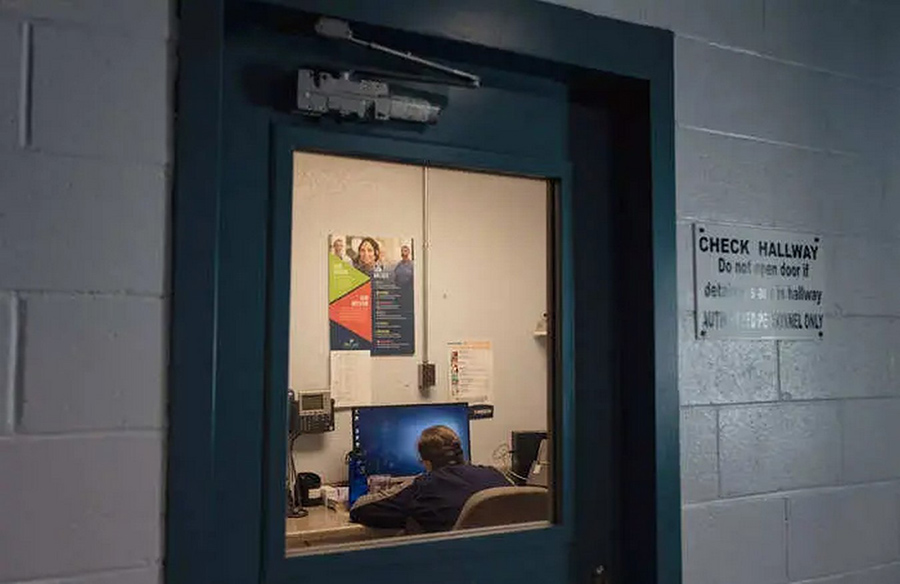Newly unsealed court records reveal an intricate corporate shell game orchestrated by one of the nation’s leading providers of healthcare to incarcerated individuals. The elaborate structure, designed to obfuscate ownership and accountability, has raised concerns about the siphoning of profits and the delivery of substandard healthcare.
Uncovering the Shell Game
The court records, unveiled as part of a lawsuit filed by a Missouri hospital system against Corizon Health for $12 million in unpaid bills, shed light on YesCorp, a successor company to Corizon. YesCorp, responsible for managing active contracts with jails and prison systems, was found to be covertly controlled by a management company associated with insiders. This management entity, in late 2022, was revealed to be owned by a troubled nursing home chain.
YesCorp entered agreements with this management company and two other entities connected to insiders, funneling millions of dollars annually in exchange for overseeing significant portions of the company’s operations.
Scrutiny and Demands for Transparency
YesCorp’s convoluted ownership structure has faced intense scrutiny. Last October, nine senators, including Elizabeth Warren and Dick Durbin, penned a letter to YesCorp, seeking clarification on its ownership and other pertinent matters. In response, YesCorp’s legal representative, Raphael Prober, acknowledged the company’s limited knowledge about its owners. Prober stated that YesCorp was wholly owned by YesCorp Holdings, LLC, but the ownership of this entity remained undisclosed and unavailable to the public.
In late January, following Prober’s evasive response, Senator Warren urged the Justice Department to delve into YesCorp’s ownership, emphasizing the necessity of revealing its “full ownership” to ensure transparency and accountability.
The revelation of YesCorp’s intricate ownership scheme underscores the importance of transparency in corporate governance, particularly in sectors as critical as healthcare provision, where accountability directly impacts the well-being of vulnerable populations.


